The Importance of Safe Shoes for Work: A Comprehensive Overview Introduction: Safe footwear is a vital aspect of personal protective equipment (PPE) in the workplace. Whether you work in construction, healthcare, manufacturing, or any other industry that involves physical labor or potentially hazardous environments, wearing the right shoes can greatly mitigate the risk of injuries and accidents. This article provides an in-depth summary of the importance of safe shoes for work, including their benefits, types, and key considerations. 1. The Benefits of Safe Shoes for Work: Safe shoes offer numerous advantages for both employers and employees alike. Some key benefits include: – Decreased risk of accidents and injuries: Proper safety footwear can protect against various hazards such as slips, falls, electrocution, punctures, and crushing. – Enhanced productivity: Comfortable and supportive shoes can alleviate foot fatigue and enhance overall comfort, leading to improved job performance and higher productivity levels.
safety ware
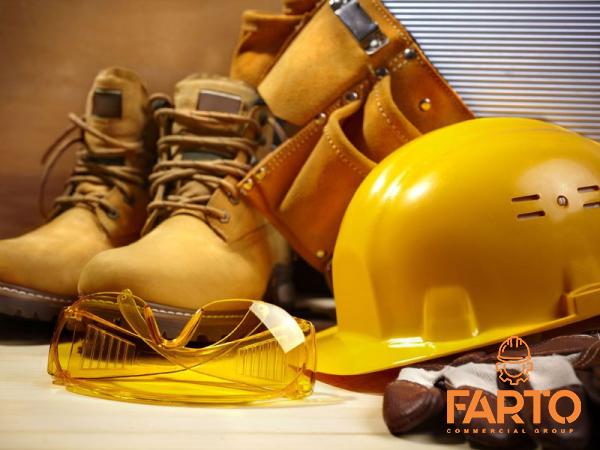 – Compliance with regulations and standards: Many industries have specific safety regulations that demand the use of appropriate footwear in the workplace. Adhering to these guidelines ensures legal compliance and creates a safe environment for employees. 2. Types of Safe Shoes for Work: a. Steel-toed boots: Ideal for industries involving heavy machinery or potential toe impact risks, steel-toed boots provide robust protection against falling objects and compression hazards. b. Slip-resistant shoes: Designed with specialized outsoles, slip-resistant shoes enhance traction and reduce the risk of slips, trips, and falls, particularly in environments with wet or oily surfaces. c. Electrically Conductive shoes: These shoes prevent electrostatic discharge (ESD) by safely dissipating static electricity, making them essential for individuals working in sensitive electronic manufacturing or laboratory settings. d. Chemical-resistant shoes: In industries where exposure to harmful chemicals is common, chemical-resistant shoes provide a barrier against hazardous materials by resisting chemical permeation.
– Compliance with regulations and standards: Many industries have specific safety regulations that demand the use of appropriate footwear in the workplace. Adhering to these guidelines ensures legal compliance and creates a safe environment for employees. 2. Types of Safe Shoes for Work: a. Steel-toed boots: Ideal for industries involving heavy machinery or potential toe impact risks, steel-toed boots provide robust protection against falling objects and compression hazards. b. Slip-resistant shoes: Designed with specialized outsoles, slip-resistant shoes enhance traction and reduce the risk of slips, trips, and falls, particularly in environments with wet or oily surfaces. c. Electrically Conductive shoes: These shoes prevent electrostatic discharge (ESD) by safely dissipating static electricity, making them essential for individuals working in sensitive electronic manufacturing or laboratory settings. d. Chemical-resistant shoes: In industries where exposure to harmful chemicals is common, chemical-resistant shoes provide a barrier against hazardous materials by resisting chemical permeation.
Specifications of safety ware
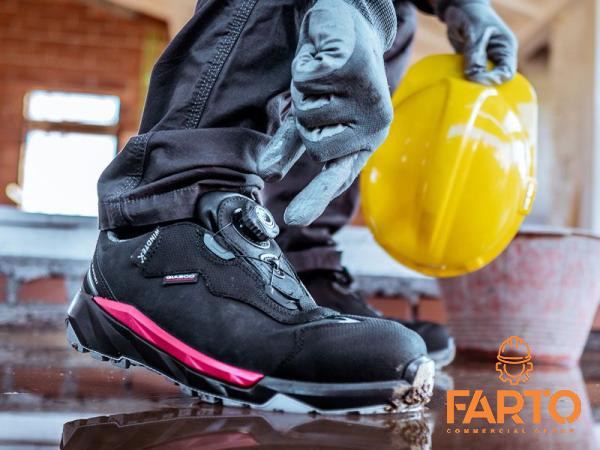 e. Anti-fatigue shoes: Featuring ergonomic designs and cushioned insoles, anti-fatigue shoes offer increased comfort and minimize foot and leg fatigue during long work shifts. f. Heat-resistant shoes: Essential for workers exposed to high temperatures or open flames, heat-resistant footwear protects against burns and heat-related injuries. 3. Key Considerations when Choosing Safe Shoes: Selecting the most appropriate safe shoes for work involves considering several factors: a. Purpose and work environment: Assessing the specific hazards and conditions in your workplace helps determine the necessary safety features, such as slip resistance, toe protection, chemical resistance, or heat resistance. b. Fit and comfort: Ill-fitting shoes can cause discomfort, blisters, and foot pain. It is essential to choose shoes that provide a proper fit, adequate arch support, cushioning, and breathability.
e. Anti-fatigue shoes: Featuring ergonomic designs and cushioned insoles, anti-fatigue shoes offer increased comfort and minimize foot and leg fatigue during long work shifts. f. Heat-resistant shoes: Essential for workers exposed to high temperatures or open flames, heat-resistant footwear protects against burns and heat-related injuries. 3. Key Considerations when Choosing Safe Shoes: Selecting the most appropriate safe shoes for work involves considering several factors: a. Purpose and work environment: Assessing the specific hazards and conditions in your workplace helps determine the necessary safety features, such as slip resistance, toe protection, chemical resistance, or heat resistance. b. Fit and comfort: Ill-fitting shoes can cause discomfort, blisters, and foot pain. It is essential to choose shoes that provide a proper fit, adequate arch support, cushioning, and breathability.
buy safety ware
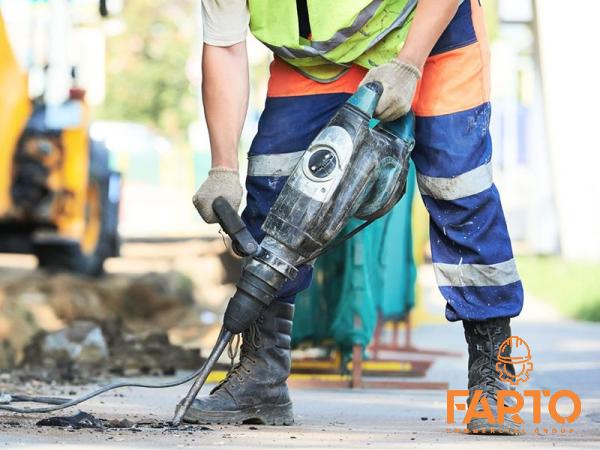 c. Durability and quality: High-quality footwear made from durable materials ensures longevity and withstands the demands of the work environment. d. Compliance with safety standards: Look for shoes that meet industry-specific safety standards and regulations, ensuring they provide the necessary protection for your specific work setting. e. Maintenance and care: Regular cleaning, inspection, and replacement of worn-out shoes are essential to ensure maximum safety and longevity. 4. Employers’ Role in Promoting Safe Shoes: Employers play a crucial role in creating a safe work environment and encouraging the use of proper footwear through the following measures: a. Implementing strict safety policies: Employers should establish clear guidelines regarding appropriate footwear based on industry standards and provide training programs to educate employees on safety protocols.
c. Durability and quality: High-quality footwear made from durable materials ensures longevity and withstands the demands of the work environment. d. Compliance with safety standards: Look for shoes that meet industry-specific safety standards and regulations, ensuring they provide the necessary protection for your specific work setting. e. Maintenance and care: Regular cleaning, inspection, and replacement of worn-out shoes are essential to ensure maximum safety and longevity. 4. Employers’ Role in Promoting Safe Shoes: Employers play a crucial role in creating a safe work environment and encouraging the use of proper footwear through the following measures: a. Implementing strict safety policies: Employers should establish clear guidelines regarding appropriate footwear based on industry standards and provide training programs to educate employees on safety protocols.
safety ware + buy and sell
 b. Conducting risk assessments: Regular assessments of workplace hazards can help identify potential risks and guide the selection of appropriate footwear. c. Providing appropriate footwear: Employers should provide or assist employees in obtaining suitable footwear to ensure compliance with safety standards and regulations. d. Regular maintenance and inspection: Employers should emphasize the importance of regular shoe maintenance, provide necessary resources for repairs and replacements, and conduct periodic inspections to identify any issues. Conclusion: Safe shoes for work are an essential element in preventing workplace accidents and injuries. By selecting the appropriate footwear, employees can significantly reduce the risk of harm and ensure compliance with safety regulations. Employers, too, have a responsibility to prioritize workplace safety by implementing policies, conducting risk assessments, and facilitating the provision and maintenance of appropriate footwear. Together, these efforts create a culture of safety that ultimately benefits both workers and employers.
b. Conducting risk assessments: Regular assessments of workplace hazards can help identify potential risks and guide the selection of appropriate footwear. c. Providing appropriate footwear: Employers should provide or assist employees in obtaining suitable footwear to ensure compliance with safety standards and regulations. d. Regular maintenance and inspection: Employers should emphasize the importance of regular shoe maintenance, provide necessary resources for repairs and replacements, and conduct periodic inspections to identify any issues. Conclusion: Safe shoes for work are an essential element in preventing workplace accidents and injuries. By selecting the appropriate footwear, employees can significantly reduce the risk of harm and ensure compliance with safety regulations. Employers, too, have a responsibility to prioritize workplace safety by implementing policies, conducting risk assessments, and facilitating the provision and maintenance of appropriate footwear. Together, these efforts create a culture of safety that ultimately benefits both workers and employers.


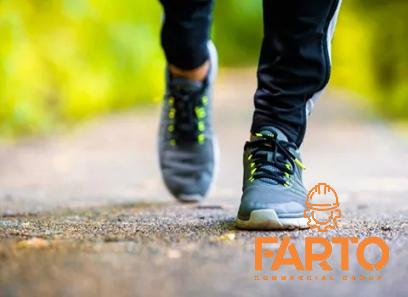

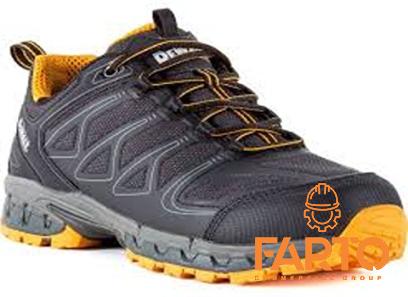
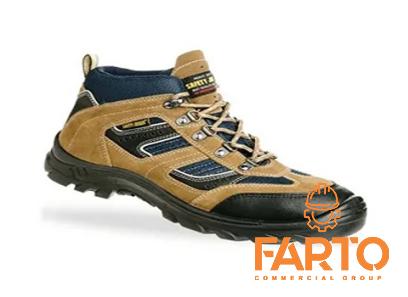
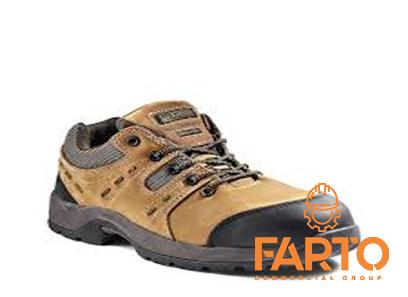
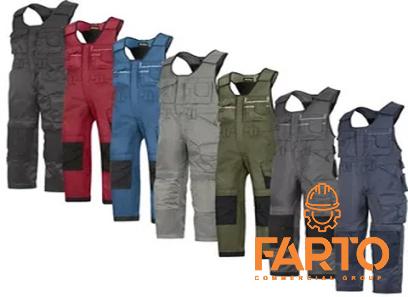
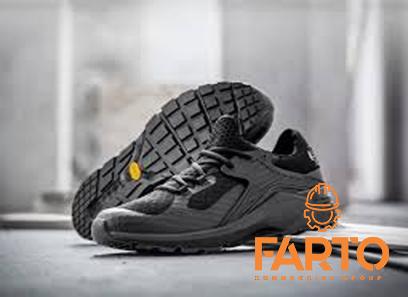
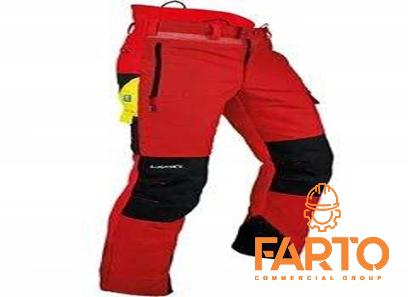
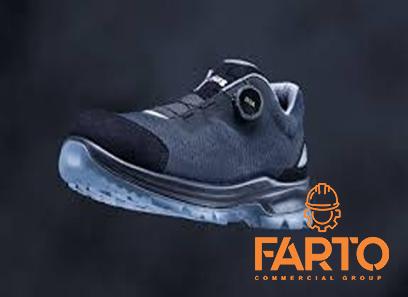
Your comment submitted.